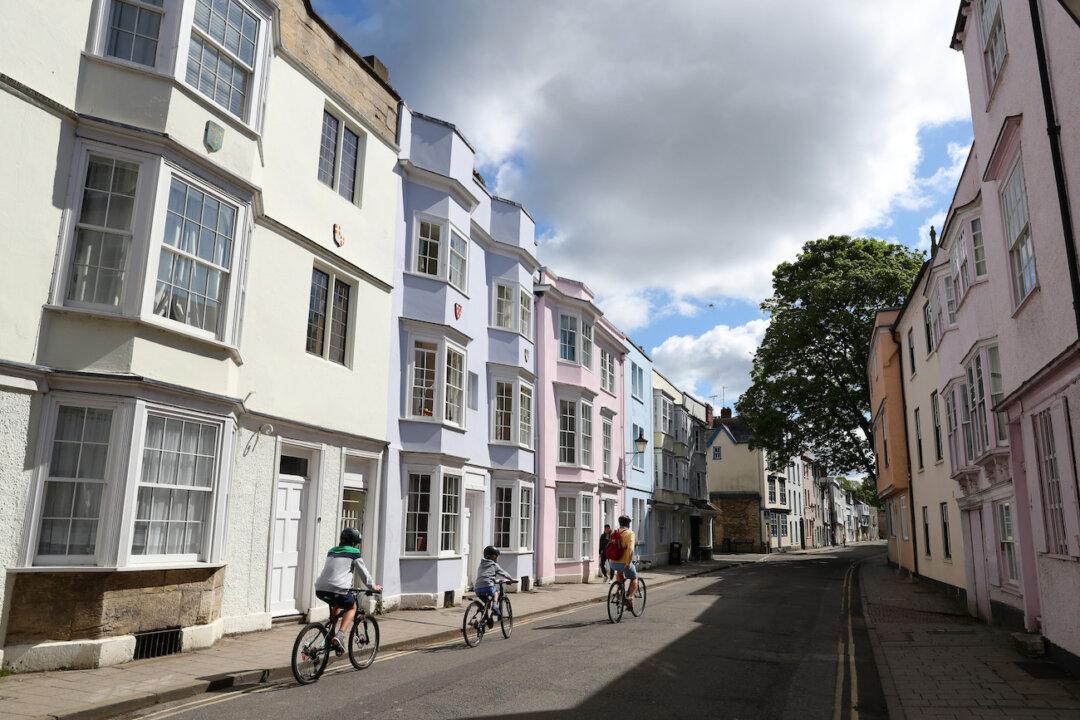Five people were arrested during a large-scale protest on Feb. 18 in Oxford, England, where thousands marched against controversial traffic filters and Low Traffic Neighbourhoods (LTNs), as well as the general idea of 15-minute cities.
Thames Valley Police said in a statement that “a series of demonstrations” were held against “low traffic neighbourhoods and proposed traffic filters in the city.”




